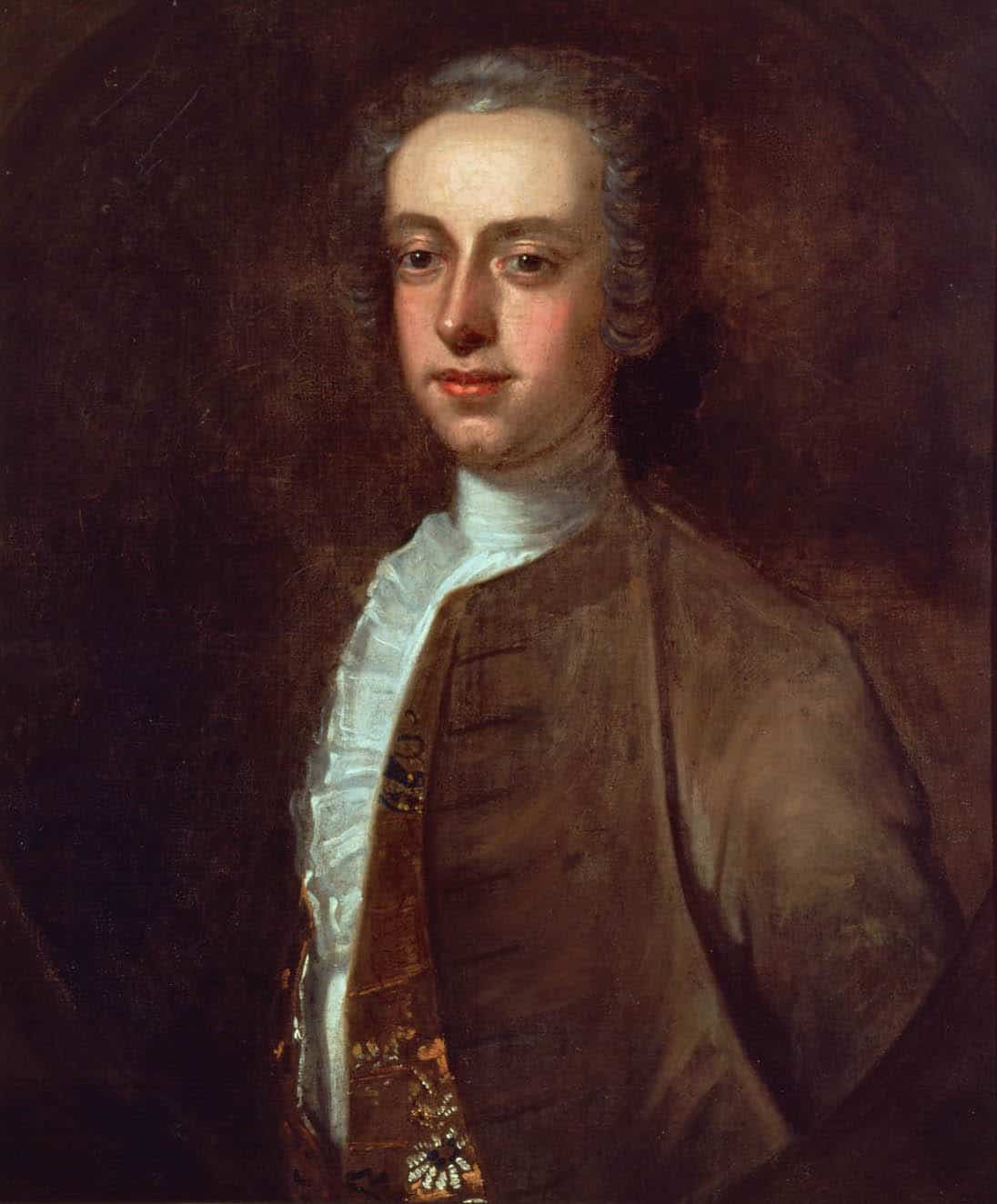
ADVERTISEMENT - CONTINUE READING BELOW
The Boston Tea Party Was Not the Only Colonial Tea Protest
British law required ships that arrived in colonial ports to unload and pay import duties within twenty days or have their cargo confiscated. The East India Company tea ship Dartmouth arrived in Boston in late November, 1773, and a mass meeting passed a resolution that urged its captain to return to England with his cargo. However, Governor Thomas Hutchinson refused to allow the tea to be returned to Britain, and shortly thereafter, two more tea ships, the Beaver and Eleanor arrived. December 16th, 1773, was the last day of the Dartmouth‘s deadline. That night, about 60 men in blankets and Indian headdress, encouraged by a large crowd of Bostonians, boarded the ships and dumped the tea, valued at £18,000, into the harbor.
Parliament retaliated with punitive measures known as the Intolerable Acts, which shut off Boston’s trade until the destroyed tea was paid for. The attempt to single out Massachusetts for punishment backfired served to unite the colonies and sped up the drift toward war. Boston was not the only American city to hold tea protests. Other colonial cities got in on the act too. Charleston, for example, hosted two “Tea Parties”, and the first one took place before Boston’s. However, as seen below, the Charleston protests lacked the panache that made Beantown’s tea party so iconic, and so are largely forgotten.

